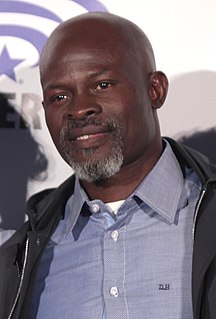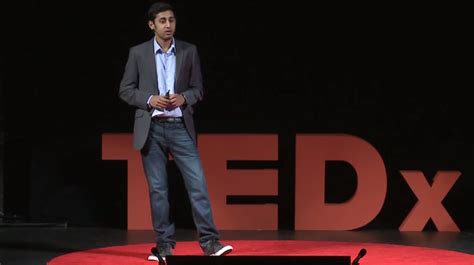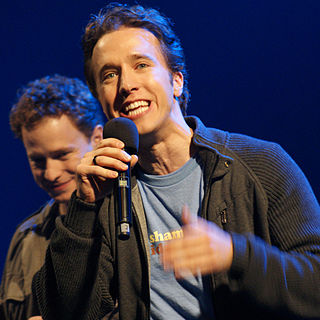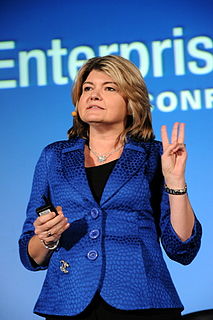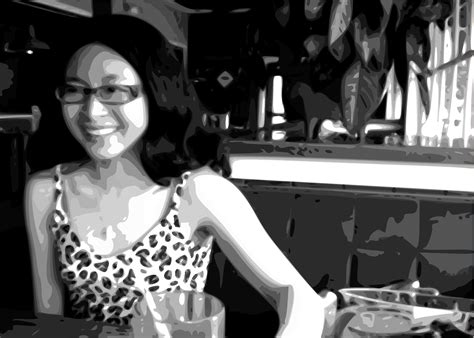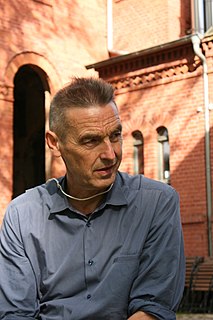Цитата Джимона Хонсу
Мне нравятся истории, которые имеют социальное воздействие и социальные атрибуты. Именно поэтому мы снимаем фильмы: чтобы расширить наш ограниченный взгляд на вещи и увидеть, как жизнь развивается в другом месте.
Связанные цитаты
Когда незнакомец появляется в нашем присутствии, первое появление, скорее всего, позволит нам предвидеть его категорию и атрибуты, его «социальную идентичность» — если использовать термин, который лучше, чем «социальный статус», потому что личные качества, такие как «честность», вовлечены, а также структурные, такие как «оккупация».
Нам бы очень хотелось, чтобы федеральные и провинциальные правительства Канады учредили новый класс коммерческих организаций, такой как CIC или L3C, для социальных предприятий. Наши правительства также должны предлагать налоговые льготы, чтобы привлечь больше предпринимателей в социальную экономику, и поощрять фонды и влиятельных инвесторов вкладывать свой капитал в социальные предприятия.
Если вы работаете с такими людьми почти на уровне духовного руководства, то видите, что это люди, предпочитающие мировоззрение порядка и даже наказания. И почему-то есть ощущение, что мужская психика им это даст. И если это ваш взгляд на религию, как и у многих людей, если они никогда не поднимались на мистический уровень, религия предназначена для социального порядка и поддержания общественного порядка.
Наиболее потенциально преобразующее влияние социальных сетей заключается в их способности побуждать бренды сочетать прибыль и цель. Причина, по которой бренды участвуют, заключается в том, что такой охват приносит этим компаниям социальную валюту, позволяющую им начинать или участвовать в разговорах, которые значимым образом связывают их с потребителями.
Я полагаю, что это не социальная норма и не мужское дело - чувствовать, обсуждать чувства. Так вот на что я показываю. Социальные нормы и прочее... что хорошего в социальных нормах? Я думаю, что все, что они делают, это создают ограниченный и вредный образ людей. Таким образом, это препятствует более широкому общественному признанию того, кем на самом деле может быть кто-то или группа людей.
Чтобы преодолеть бедность и недостатки экономического кризиса в нашем обществе, мы должны представить нашу социальную жизнь. Мы должны освободить свой разум, представить то, чего раньше никогда не было, и написать социальную фантастику. Нам нужно воображать вещи, чтобы они происходили. Если вы не представляете, это никогда не произойдет.
Одна из вещей, которую я усвоил, заключается в том, что если вы хотите повлиять на преступность, вы должны иметь дело с глубинными социальными проблемами, и это не совпадение, что вы видите наибольшее количество насильственных преступлений там, где вы видите наибольшее количество насильственных преступлений. социальная дисфункция.
Я думаю, что настало время для социологов выйти из тени и создать передовую методологию социальных наук, которая объединяет науку (точка зрения от третьего лица), социальную трансформацию (точка зрения от второго лица) и эволюцию личности (точка зрения от первого лица). ) в согласованную структуру исследования действия, основанного на сознании
Мой этический натурализм рассматривает нас как сталкивающихся с затруднительным положением социальных животных без эволюционных приспособлений, облегчающих социальную жизнь. Фундаментальная проблема, порождающая этический проект, заключается в нашей ограниченной способности реагировать друг на друга. Единственный способ решить эту проблему — это представительный, информированный и заинтересованный разговор.
